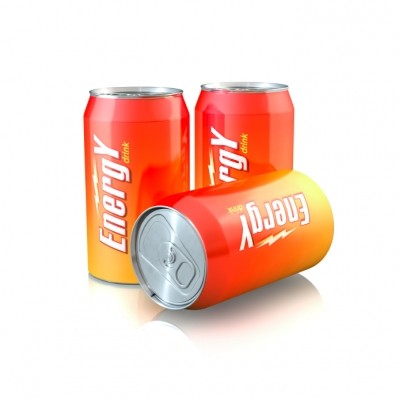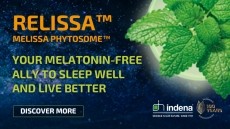Subpoenas of energy drink makers no cause for panic, sources say
Schneiderman issued subpoenas to the manufacturers of some of the best-selling energy drinks in the United States, seeking information on marketing and advertising practices. Schneiderman is reportedly investigating whether the companies violated federal regulations by marketing as supplements products that should fall under stricter food regulations.
Ivan Wasserman, an attorney with Washington D.C.-based law firm Manatt, Phelps & Phillips, told NutraIngredients-USA: “It’s an issue, an issue that is not going away any time soon, but I don’t think there’s a sense of imminent catastrophe.”
The subpoenas targeted PepsiCo Inc., maker of AMP, Monster Beverage Corp. and Living Essentials, which manufactures 5-hour Energy, the leader in the shots category.
The regulation of these and other food and supplement products falls within the bailiwick of the Food and Drug Administration, but state attorneys general have broad discretion to regulate consumer products within their jurisdictions, and language about the violation of federal laws is often included in state’s consumer protection statutes.
Caffeine packs the punch
The best-selling energy drinks and shots feature hefty – though usually unspecified – doses of caffeine. Guarana, a natural caffeine source, also appears in some products. Caffeine dosages for energy drinks appear to hover around 80-100 mg per serving or slightly less than a standard 8-oz. cup of coffee, which comes in at around 135 mg. (We’re not talking about a 20-oz. venti coffee from Starbucks, mind you, which the company lists at a whopping 415 mg). According to health authorities such as the Mayo Clinic, most healthy adults can consume as much as 400 mg of caffeine per day without adverse effect.
“I still think the attorney general is going to have a hard time proving that 120 or 140 mg caffeine consumed appropriately is going to have a deleterious effect,” said Jim Tonkin, a beverage expert and principal of Phoenix-based consultancy Healthy Brand Builders.
But, Tonkin said, the energy beverages do have some weaknesses. These products also often include a suite of other ingredients connected with energy support such as taurine, ginseng and B vitamins. This pairing of a stimulant in the form of caffeine with these other ingredients gives pause to some critics.
“They have some other ingredients in combination with caffeine which I’ve never liked–guarana and taurine together along with glucoranolactone,” Tonkin said. “If someone is consuming three or four or five Monsters a day, which some people are hooked on and do, then you are probably getting way too much caffeine.”
Food or supplement?
Finding the dividing line between fluid supplements and beverages has been a concern for FDA since before 2009, when the agency issued is draft guidance concerning liquid supplements, a document which has not yet been adopted in final form. In that document, FDA laid out its thinking on how these products should be packaged and marketed, to avoid confusion about what is a food and what is a supplement.
“A supplement can’t be represented as a conventional food,” Wasserman said. “There has always been a gray area on what that means.”
While Schneiderman’s office seems to be getting revved up about energy drinks, FDA has fewer concerns. FDA recently responded to a letter Sen. Dick Durbin, D-IL sent to the agency in April requesting an investigation into the formulation and marketing of energy drinks, following the death of a 14-year old Maryland girl from cardiac arrhythmia after consuming two 24-oz. Monster beverages. FDA sent Durbin a letter dated Aug. 10 that said, among other things: “Even when the consumption of energy drinks is considered, most of the caffeine consumed comes from what is naturally present in coffee and tea.”
The letter went on to reference the 400 mg/day threshold, saying: “For healthy adults, caffeine intake up to 400 mg per day is not associated with general toxicity, cardiovascular effects, effects on bone and calcium balance (with consumption of adequate calcium), change in adult behavior, incidence of cancer, or effects on male fertility.”
Commenting on the letter, Justin Prochnow, shareholder with Greenberg Traurig, LLP, told NutraIngredients-USA: “This letter is pretty good for energy drinks and energy supplement companies.”
“The FDA letter certainly gave a lot of comfort to industry,” Wasserman said.














